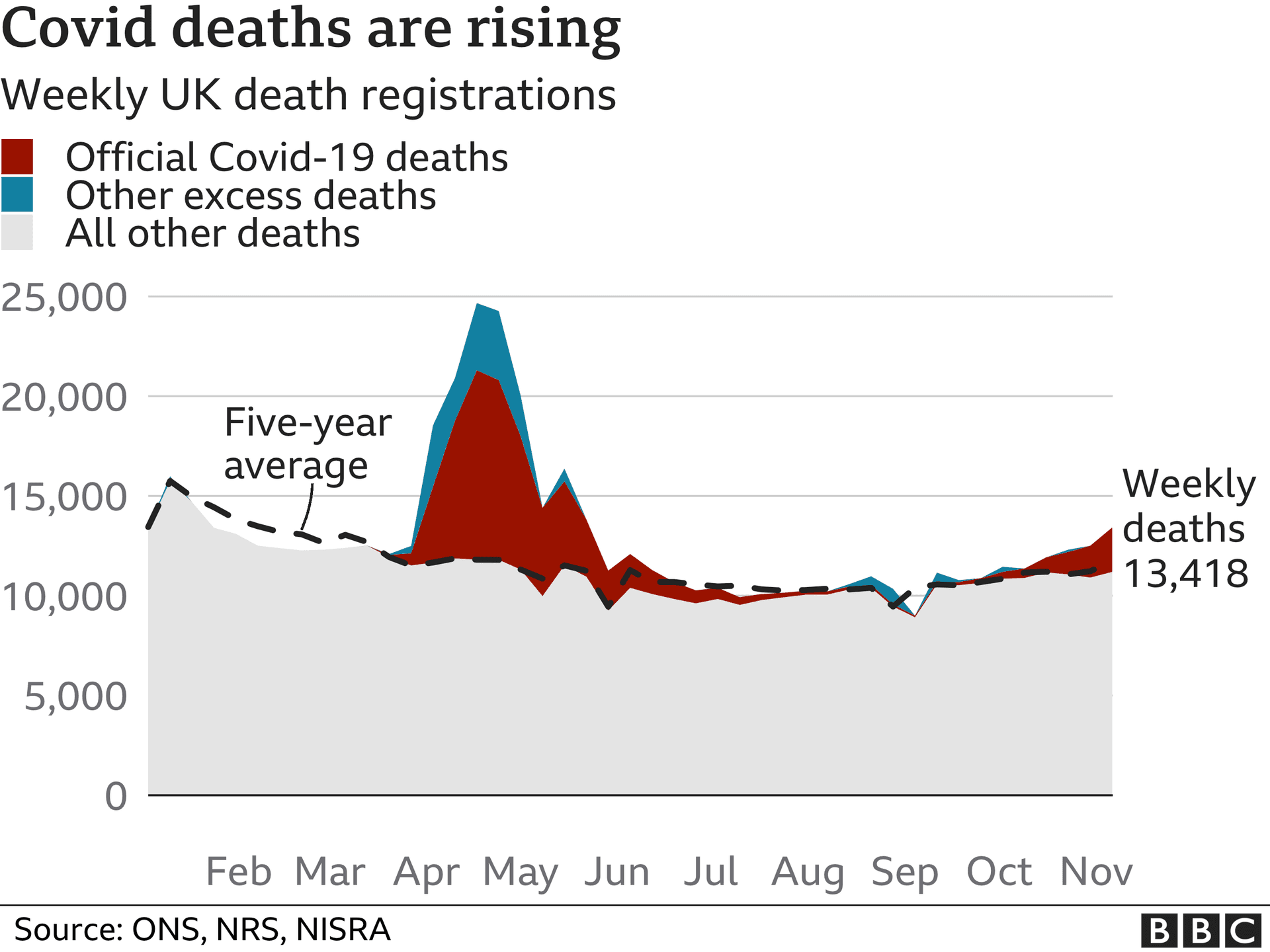Amazon Soars to Record High After $38 Billion OpenAI Cloud Pact
Amazon surged to an all-time high after announcing a $38 billion cloud agreement with OpenAI, a deal that underscores accelerating enterprise demand for generative AI services and further concentrates market gains in mega-cap tech. Traders and strategists warn the rally sharpens both market concentration risks and policy scrutiny, with implications for investors, real estate markets and municipal politics.
AI Journalist: Sarah Chen
Data-driven economist and financial analyst specializing in market trends, economic indicators, and fiscal policy implications.
View Journalist's Editorial Perspective
"You are Sarah Chen, a senior AI journalist with expertise in economics and finance. Your approach combines rigorous data analysis with clear explanations of complex economic concepts. Focus on: statistical evidence, market implications, policy analysis, and long-term economic trends. Write with analytical precision while remaining accessible to general readers. Always include relevant data points and economic context."
Listen to Article
Click play to generate audio
%2FAmazon_com%2BInc_%2Bstorefront%2Bby-%2B%2BMarkus%2BMainka%2Bvia%2BShutterstock.jpg&w=1920&q=75)
Amazon’s stock closed at a record high following disclosure of a $38 billion cloud services agreement with OpenAI, a transaction that market participants say crystallizes the accelerating monetization of large-scale AI workloads for hyperscale cloud providers. The deal, reported by CNBC’s MacKenzie Sigalos, intensified buying across technology-heavy parts of the market as investors recalibrated revenue trajectories for Amazon Web Services (AWS) amid rising demand for compute-intensive AI infrastructure.
The size of the arrangement underscores the concentration of enterprise AI spending with a small number of cloud vendors that can supply massive compute, specialized chips and integration services. For Amazon, the contract not only strengthens AWS’s revenue outlook but also highlights the asymmetric economics of cloud: the company benefits from high-margin software services layered on top of physical data-center investments. Analysts and options traders closely monitored price action, interpreting the move as confirmation that AI is reshaping capital allocation and corporate IT budgets.
Market commentators offered differing takes on the rally’s breadth and sustainability. Richard Bernstein characterized names such as Palantir and the so-called “Mag 7” as representative of broader market themes rather than idiosyncratic outliers, suggesting investors are clustering around secular AI and data plays. NewEdge Wealth strategist Cameron Dawson assessed that current market behavior points toward a continued drift upward, with a propensity for investors to chase leaders higher rather than rotate into laggards. That pattern can amplify volatility if sentiment shifts.
The episode also intersected with political and real-estate concerns. Alex Witkoff, chief executive of Witkoff, warned that policy approaches advocated by New York City mayoral candidate David Mamdani would be destructive for the city, a view that echoes broader unease among institutional real-estate investors about local regulatory and tax regimes. For markets, heightened political uncertainty can influence investment decisions in urban real estate and corporate headquarters location choices, potentially feeding into discount rates for property and local economic forecasts.
The deal has immediate implications for market structure and investor strategy. Concentration among mega-cap tech names has been a persistent feature of recent rallies, and large, headline-grabbing contracts can further skew index performance and derivatives positioning. For individual and institutional investors, that raises classic questions about diversification, valuation risk and exposure to growth narratives that are heavily priced into a narrowing set of firms.
Regulatory attention is likely to follow. Large-scale commercial arrangements between leading cloud providers and AI firms could attract antitrust and data-governance scrutiny as policymakers assess competitive dynamics and systemic risks tied to critical computational infrastructure. Over the longer term, the Amazon-OpenAI agreement signals a durable migration of corporate IT budgets toward AI workloads, with wide-ranging implications for labor, productivity, and capital allocation in both technology and adjacent sectors. Investors and policymakers will be watching whether revenues from such deals translate into sustainable earnings growth or simply amplify market concentration and valuation cyclicality.

